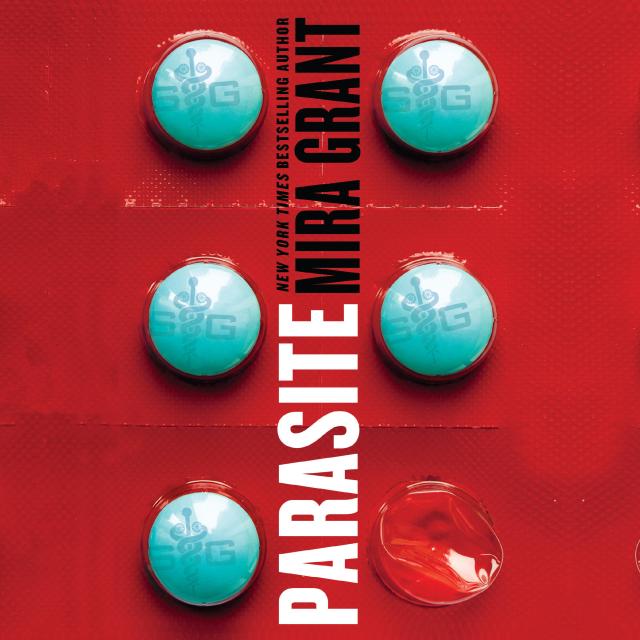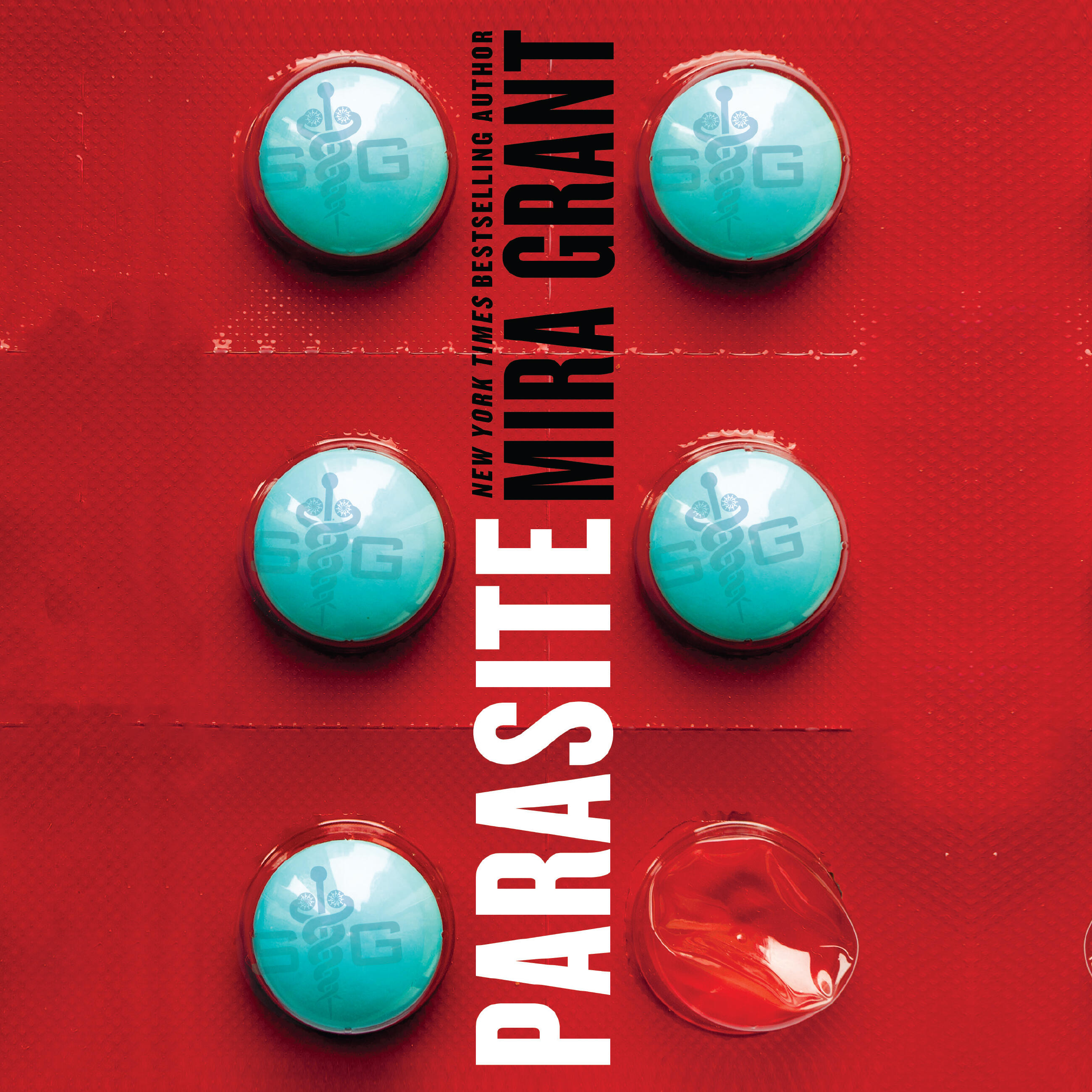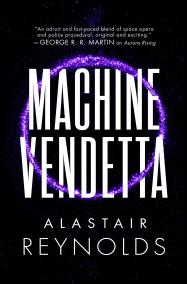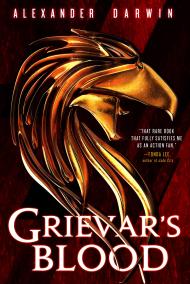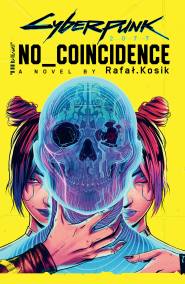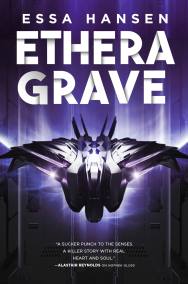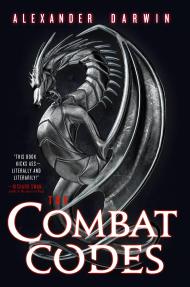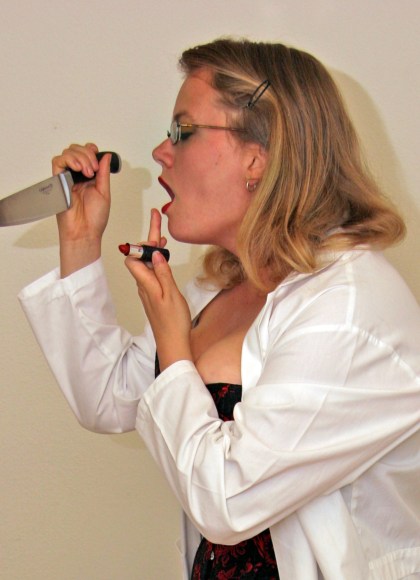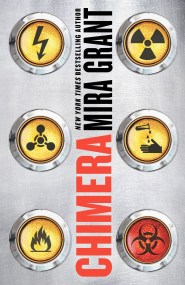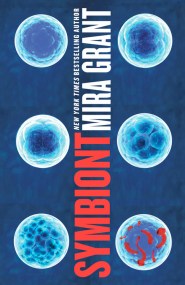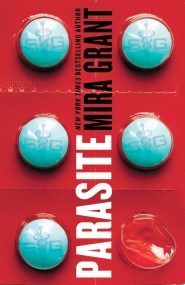Promotion
Use code MOM24 for 20% off site wide + free shipping over $45
Parasite
Contributors
By Mira Grant
Read by Christine Lakin
Formats and Prices
Price
$38.99Format
Format:
- Audiobook Download (Unabridged) $38.99
- ebook $6.99 $8.99 CAD
- Hardcover $44.00 $55.00 CAD
- Trade Paperback $19.99 $25.99 CAD
This item is a preorder. Your payment method will be charged immediately, and the product is expected to ship on or around October 29, 2013. This date is subject to change due to shipping delays beyond our control.
Also available from:
We owe our good health to a humble parasite — a genetically engineered tapeworm developed by the pioneering SymboGen Corporation. When implanted, the Intestinal Bodyguard worm protects us from illness, boosts our immune system — even secretes designer drugs. It's been successful beyond the scientists' wildest dreams. Now, years on, almost every human being has a SymboGen tapeworm living within them.
But these parasites are getting restless. They want their own lives . . . and will do anything to get them.
"A riveting near-future medical thriller that reads like the genetically-engineered love child of Robin Cook and Michael Crichton." —John Joseph Adams
More from Mira Grant:
Parasitology
Parasite
Symbiont
Chimera
Newsflesh
Feed
Deadline
Blackout
Feedback
Rise
Genre:
-
"A riveting near-future medical thriller that reads like the genetically-engineered love child of Robin Cook and Michael Crichton."John Joseph Adams
-
"Readers with strong stomachs will welcome this unusual take on the future."Kirkus Reviews
-
"Fans of [the Newsflesh] series will definitely want to check this new book out. But fans of Michael Crichton-style technothrillers will be equally enthralled: as wild as Grant's premise is, the novel is firmly anchored in real-world science and technology."Booklist
-
"Grant extends the zombie theme of her Newsflesh trilogy to incorporate thoughtful reflections on biomedical issues that are both ominously challenging and eerily plausible. Sally is a complex, compassionate character, well suited to this exploration of trust, uncertainty, and the price of progress."Publishers Weekly
-
"It's a well-grounded medical wariness that gets at the heart of what the Parasitology series will be asking: What happens when the cure is worse than the disease?"NPR Books
-
"An exceptionally creepy medical-horror thriller that's the perfect spine-tingling read for Halloween... [a] roller coaster ride."Fort Worth Star-Telegram
- On Sale
- Oct 29, 2013
- Publisher
- Hachette Audio
- ISBN-13
- 9781619696754
Newsletter Signup
By clicking ‘Sign Up,’ I acknowledge that I have read and agree to Hachette Book Group’s Privacy Policy and Terms of Use
